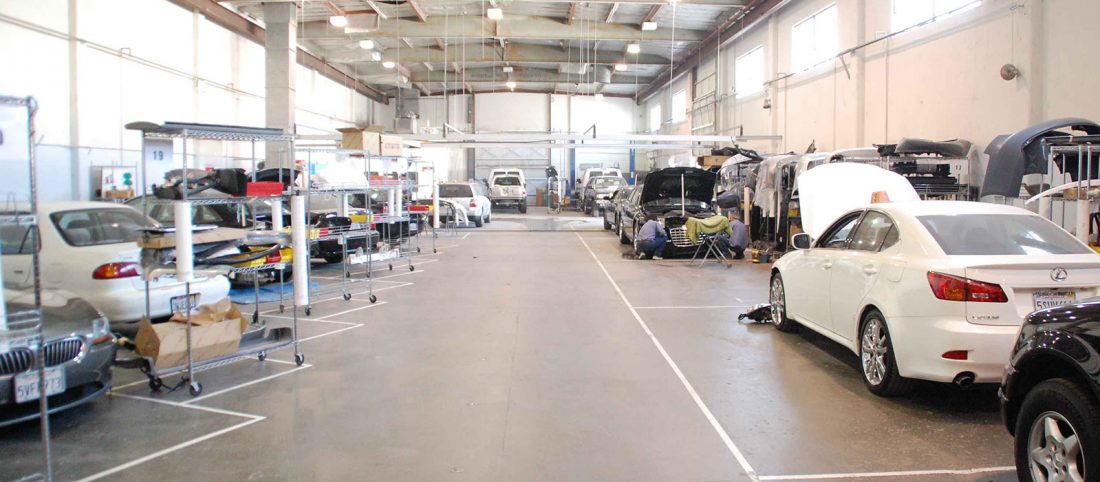All Categories
Featured
A healthy battery is important for your vehicle's total performance. It powers everything from the ignition system to the lights and accessories. While it's simple to take your automobile battery for provided, recognizing just how to inspect its wellness can assist prevent bothersome breakdowns. Regular checks can expand the life of your battery and guarantee your cars and truck runs efficiently. Right here's a detailed guide to assist you examine your vehicle's battery health.
Why Battery Health Matters. Your vehicle's battery plays a critical function in beginning the engine and powering digital systems like lights, air conditioning, and the radio. A failing battery can cause sluggish begins, malfunctioning electronic devices, and even leave you stranded. Batteries normally break with time, yet understanding when they're on the verge of failing can save you from these situations.
Signs That Your Battery May Be Weak. Before you dive right into examining the battery on your own, it serves to be aware of some usual indication that indicate your battery may need attention:

Slow Engine Crank: If your engine takes longer to start, it might be an indicator that the battery is shedding its power. Dim or Flickering Lighting: When the vehicle is running, examine the fronts lights. If they appear dim or flicker while you're idling, your battery could be battling. Inspect Engine Light or Battery Warning Light: Numerous modern cars will display a battery warning light on the dashboard if there's a problem with the battery or billing system. Deterioration: Visible corrosion around the battery terminals is a clear sign of an issue. This build-up can interfere with the electric connection, leading to inadequate performance. Constant Jump Begins: If you routinely need to jump-start your automobile, your battery is likely near the end of its life and must be replaced. How to Inspect Your Car's Battery Health and wellness. Check the Battery for Physical Damages:. Start by looking into the battery for fractures, leakages, or bulging. Physical damages to the battery case can suggest that the battery goes to risk of failure. If you notice any type of leaks or rust, take caution, as this can be dangerous.
Inspect the Voltage with a Multimeter:. A simple and exact method to check your battery health and wellness is by determining its voltage. Below's exactly how you can do it:

Establish your multimeter to DC voltage and choose a 20-volt range. With the auto off, put the red (favorable) probe on the favorable incurable and the black (adverse) probe on the adverse terminal of the battery. A healthy battery should check out around 12.6 volts or more. If the voltage is below 12.4 volts, the battery may be weak and need billing or substitute. If it's under 12 volts, it's time to think of getting a new battery. Execute a Load Test:. To truly analyze how well your battery executes under stress and anxiety, a lots test is excellent. This test is best done by a professional technician, however you can do a standard load examination if you have a battery lots tester. Here's an easy method to do it:
Transform off the cars and truck, and gauge the voltage making use of a multimeter as described above. Beginning the vehicle and measure the voltage once again. If the voltage drops substantially below 12.4 volts when the engine is running, the battery is having a hard time to maintain charge and might require substitute. Examine the Generator Output:. A damaged generator can additionally trigger battery issues, as it's liable for charging the battery while the car is running. If the reading is listed below this array, the alternator might not be properly billing the battery, which might lead to battery failure over time.
What to Do If Your Battery Is Weak. If your examinations reveal that your battery's voltage is reduced or it's not holding a cost, there are a few points you can do:
Charge the Battery: If the voltage is a little reduced (12-12.4 volts), attempt charging the battery with an automobile battery charger. If it holds a fee, it may be able to last a little bit longer. Change the Battery: If the battery's voltage is under 12 volts or it struggles to hold a charge, it's likely time for a substitute. Most auto batteries last 3-5 years, so if your battery is nearing that age, it deserves replacing it before it dies entirely. When to Change Your Cars and truck's Battery. While batteries can last for a number of years, it is necessary to change them prior to they fall short totally. Below are some variables that might suggest it's time for a replacement:
Age: If your battery is greater than 3-5 years of ages, it's a good idea to change it, even if it hasn't revealed indications of failing yet. Frequent Problems Starting the Cars And Truck: If your car has trouble starting also after being jump-started, it's time to obtain a brand-new battery. Rust or Leaks: If deterioration or dripping shows up on the battery, it may be a sign that it's reaching the end of its life. Verdict: Routine Battery Upkeep for Longevity. Inspecting your vehicle's battery wellness is an easy however crucial component of vehicle maintenance. Frequently inspecting your battery will guarantee that your automobile runs efficiently and starts dependably every time, and it will certainly assist you avoid unforeseen breakdowns.
Latest Posts
Find Out Reduce Expenses on Car Maintenance with Montclare Auto Repair’s Special Deals
Discover Cut Costs on Car Maintenance with Montclare Auto Repair’s Limited-Time Deals
Discover Special Auto Repair Specials in Chicago at Montclare Auto Repair
More
Latest Posts
Find Out Reduce Expenses on Car Maintenance with Montclare Auto Repair’s Special Deals
Discover Cut Costs on Car Maintenance with Montclare Auto Repair’s Limited-Time Deals
Discover Special Auto Repair Specials in Chicago at Montclare Auto Repair